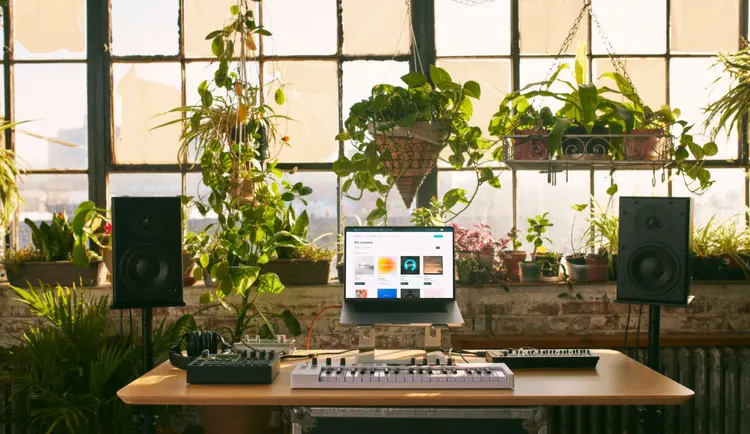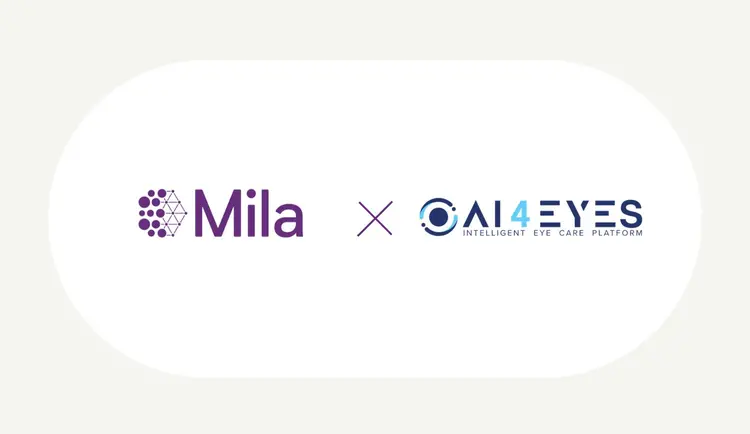Yoshua Bengio is leading a group of Mila professors (Jian Tang, Doina Precup, Pierre-Luc Bacon, Sarath Chandar, Amine Emad, Guy Wolf, Mathieu Blanchette) working on machine learning (ML) for drug discovery. The group is currently looking for two postdocs as part of a collaboration with Recursion Pharmaceuticals.
The positions are oriented to investigate exploration and active knowledge-seeking learning algorithms in drug discovery based on causal interventions, epistemic uncertainty and high-throughput biology (hundreds of thousands of images per week of cells receiving different treatments and analyzed via their visual appearance post-treatment).
The ideal candidate has a combination of experience and interest in this topic (and generally in ML for understanding biology and drug discovery) as well as an established track record in deep learning/reinforcement learning. The position will also require some aspect of project coordination and supervision of junior students.
To apply, please fill out this form and contact Professor Bengio via his assistant at julie.mongeau@mila.quebec.
Learn more about ML for drug discovery
Group research area
Our group's most exciting recent work is on what we call GFlowNets. It emerged from our desire to sample a set of good and diverse candidates for discovering new antiviral molecules, but it turns out to be a radically different way of thinking about probabilistic modeling, a very different kind of neural net tool for generating and operating on sets and graphs, a way to estimate what would otherwise be intractable marginalization, a radically different way of performing credit assignment at the macro scale (i.e., different from backprop but closer to temporal-difference learning), and finally what we think may become a key ingredient for system-2 deep learning enabling causal discovery and reasoning.
Related Content
See the first paper on GFlowNets accepted at NeurIPS 2021 (https://folinoid.com/w/gflownet/) and the GFlowNet tutorial.





